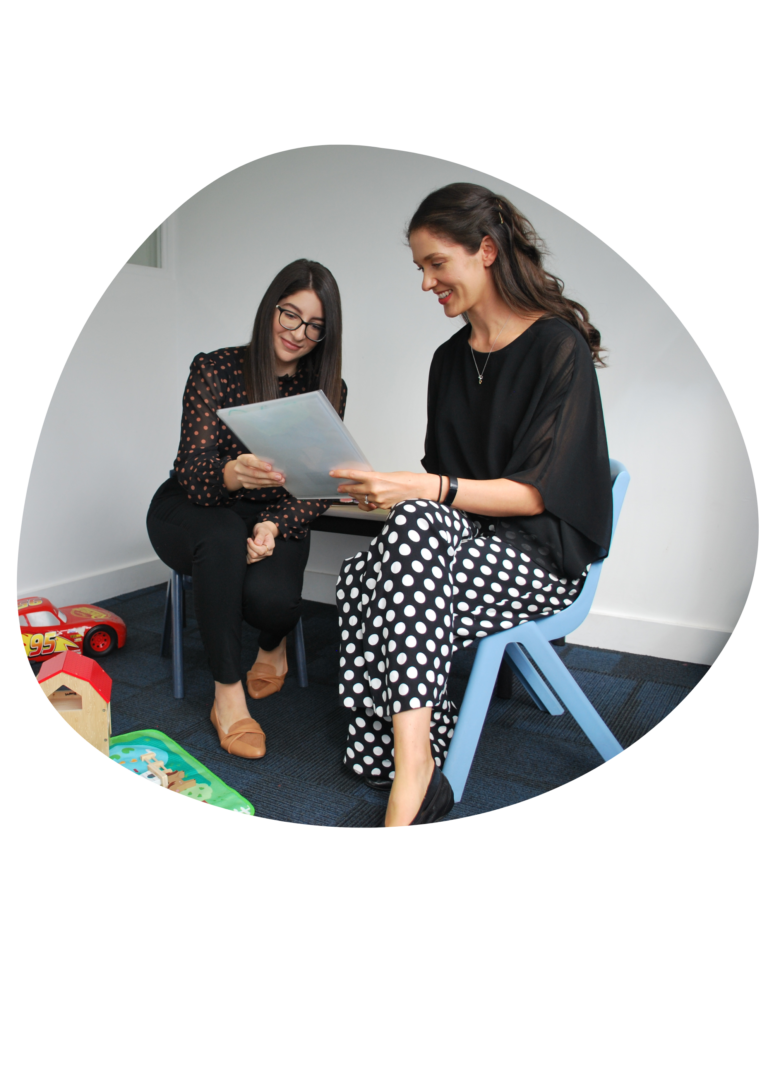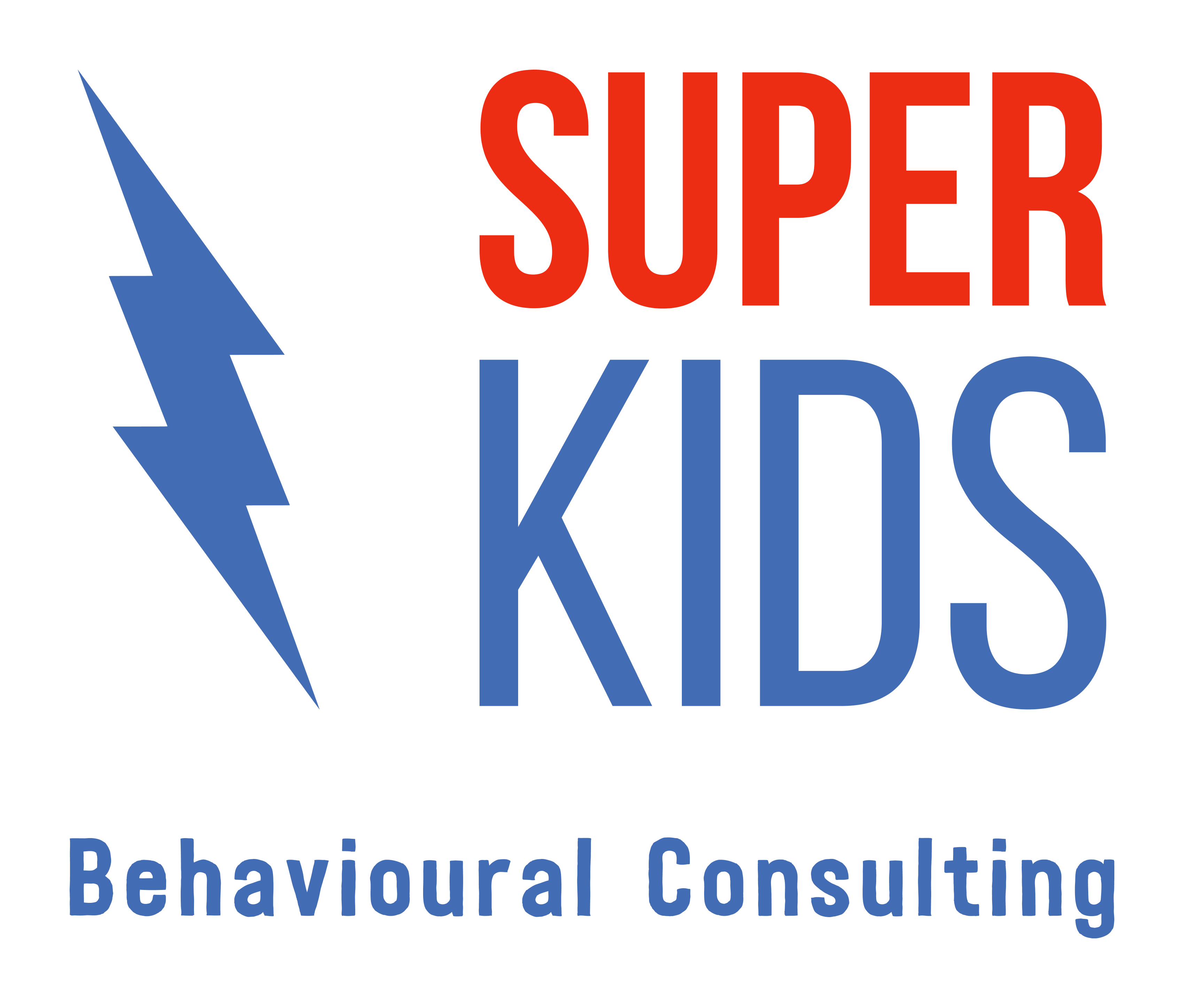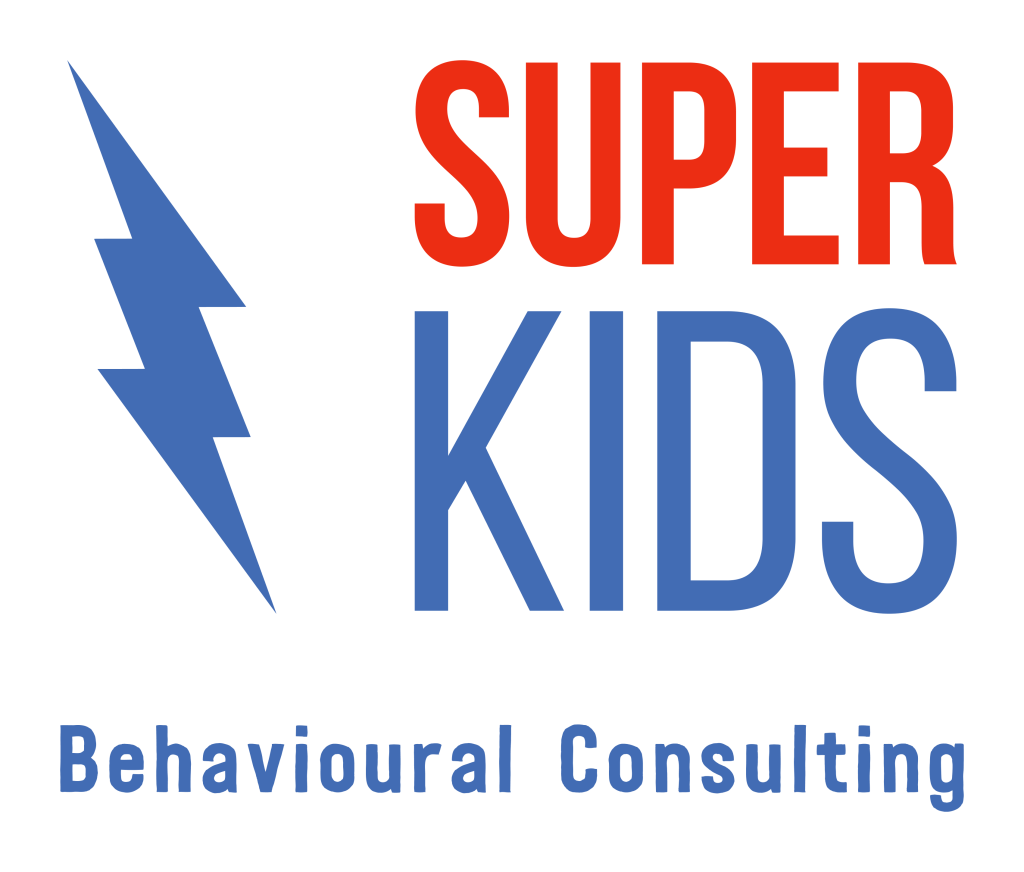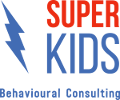Little Heroes
Early Intervention PlayGroup
Super Kids’ Little Heroes targets children aged 3-5 years, with or without a formal diagnosis of developmental delay. Join the 1-hour weekly playgroup with your child to learn new skills. We limit groups to 4-6 children. An experienced facilitator leads the sessions, supervised by a Certified Behaviour Analyst.
This program empowers parents to use play and reinforcement to teach their children essential skills like communication and following instructions. Each week, we introduce a new parent focus topic to support your parenting goals. We recommend practicing daily for 5-10 minutes between sessions. Additionally, we provide suggested homework each week.
Who Can Benefit?
Little Heroes Play Group is perfect for:
- Children aged 3-5 years who may or may not have a formal diagnosis of developmental delay
- Parents who want to learn more about why their child’s problem behaviour is occurring and what they can do about it
How It Works
This group aims to teach and support carers in engaging their children in play and sharing the joy together. Carers will learn how to teach essential skills, such as communication and following instructions. Additionally, you’ll have the opportunity to create a community of like-minded parents and develop your own coping skills.
When: 5 x 1 hour weekly sessions
Where: Super Kids HQ, Buffalo Road, Gladesville
Booking: Please complete an Expression of Interest to go on the waitlist for our next available group
What other parents are saying about the group:
Interested in other groups that we offer during the school term and holidays, such as Super Groups? Register your interest to go on the waitlist for our next available group by emailing us at [email protected].

Super Kids acknowledges each individual’s personal preference to use identity-first or person-first language to describe themselves or their loved one. We interchangeably use both language conventions and therefore refer to both Autistic children and children with Autism.


